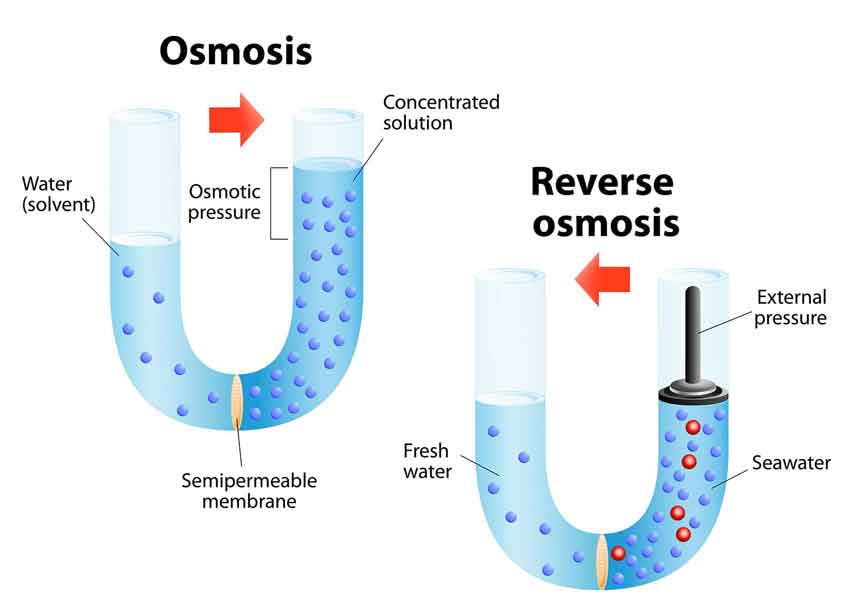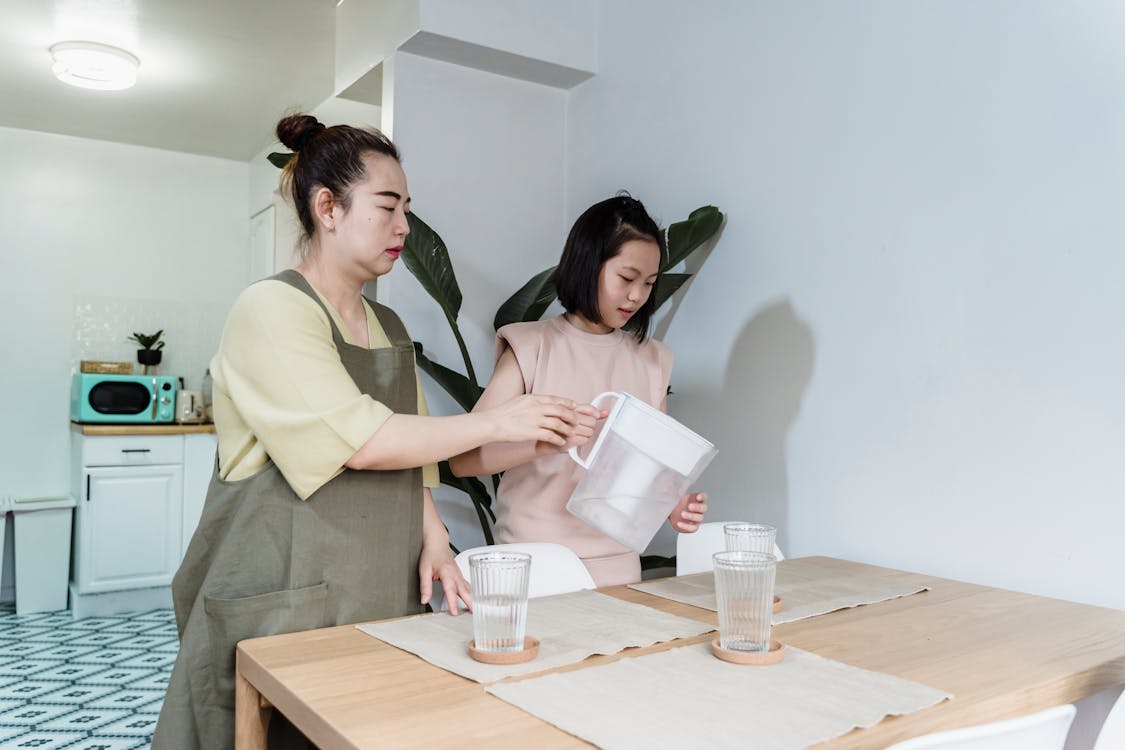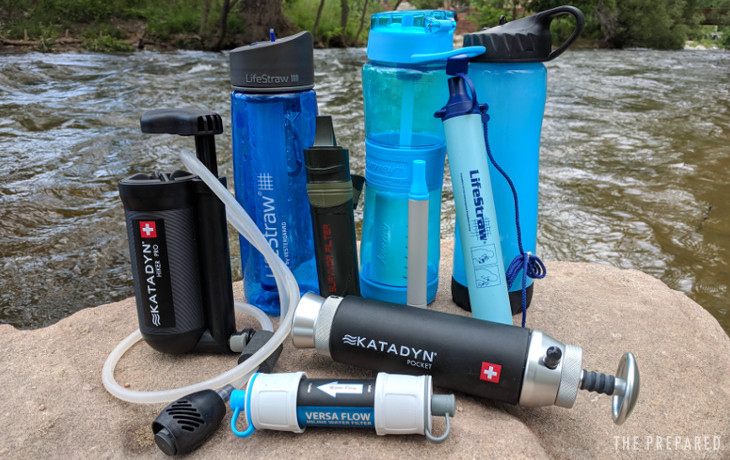How to Test Your Water Hardness Levels at Home?

Water hardness is a pressing concern for many homeowners. Excessively hard water, laden with minerals like calcium and magnesium, can wreak havoc on appliances, lead to soap scum buildup, and even affect hair and skin quality. To combat these issues, it’s essential first to ascertain the hardness levels of the water you use. Thankfully, you can test water hardness at home using various methods. Let’s dive into these techniques and the importance of knowing your water hardness.
Understanding Water Hardness
Before diving into testing methods, it’s crucial to have a basic understanding of water hardness.
What is Hard Water?
Hard water is defined by its mineral content, mainly calcium and magnesium. These minerals are naturally present in groundwater and can vary based on the water source and region.
Why Should You Be Concerned?
High levels of these minerals can lead to several household issues:
- Appliance Efficiency: Hard water can cause mineral buildup in appliances, reducing their efficiency and lifespan.
- Soap and Detergent Performance: Hard water reduces the lathering ability of soaps and detergents, often leading to increased usage and costs.
- Hair and Skin Health: Hard water can leave a residue on your skin and hair, making them feel dry and lackluster.
Testing Water Hardness at Home
Now that we’ve outlined the importance of understanding your water’s hardness let’s explore the various methods to test it at home.
Soap Test
This is a straightforward method. Here’s how to do it:
- Fill a clear bottle halfway with tap water.
- Add a few drops of pure liquid soap and shake vigorously.
- Observe the lather. If you achieve a rich lather with clear water beneath, your water is soft. If there’s only a thin lather with cloudy water beneath, it indicates hard water.
Commercial Test Kits
Available at many hardware stores, these kits usually contain test strips that change color based on the water’s mineral content. Simply follow the instructions, dip the strip into a water sample, and compare the resulting color to a provided chart.
Electronic Water Testers
These devices can provide a digital reading of your water’s hardness level. While they tend to be more accurate than test strips, they are also more expensive.
Why Consider a Water Softener?
If you determine that your home has hard water, a water softener can be a lifesaver. It works by exchanging hard minerals in your water with softer ones, typically sodium or potassium. This not only improves the quality of water but also prolongs the life of your appliances and plumbing.
Water Softener Black Friday Deal – Don’t Miss Out!
If you’re considering investing in a water softener, now is the perfect time. This Black Friday, there are incredible deals available that can get you a top-of-the-line system at a fraction of the usual cost.
Click Here for the Best Water Softener Black Friday Deal!
These deals often include added bonuses, such as free installation or extended warranties, making it a win-win situation for homeowners.
Further Measures
While testing water hardness at home gives you a general idea, it’s always a good idea to get a professional assessment. Professionals use advanced techniques and equipment, ensuring an accurate reading. Moreover, they can provide tailored solutions and recommendations based on your specific situation.
Conclusion
Understanding the hardness levels of your water is the first step towards creating a healthier home environment. By using simple testing methods, you can determine if a water softener is necessary for your household. And with the enticing Water Softener Black Friday Deal, there’s no better time to invest in a solution for hard water issues. Ensure you act promptly to secure the best deals and enjoy the countless benefits of softer water.
FAQs
- What is hard water?
- Hard water is water with a high concentration of minerals, primarily calcium and magnesium. These minerals are naturally found in groundwater and can vary based on the water source and region.
- Why is hard water a concern?
- Hard water can lead to several issues in the household, such as reduced appliance efficiency due to mineral buildup, decreased lathering of soaps and detergents, and potential impacts on hair and skin health.
- How can I perform a soap test to check water hardness?
- Fill a clear bottle halfway with tap water, add a few drops of pure liquid soap, shake vigorously, and observe. A rich lather with clear water indicates soft water, while a thin lather with cloudy water points to hard water.
- Are commercial test kits reliable?
- Commercial test kits, available at many hardware stores, offer a reasonably reliable method to check water hardness. However, for more accurate results, electronic water testers or professional assessments are recommended.
- What are electronic water testers?
- Electronic water testers are devices that provide a digital reading of water’s hardness level. They tend to be more accurate than test strips but come at a higher cost.
- Why might I need a water softener?
- If your home has hard water, a water softener can improve water quality by replacing hard minerals with softer ones. This can enhance the lifespan of appliances, improve the effectiveness of soaps, and benefit hair and skin health.
- Is there a special time to get deals on water softeners?
- Black Friday often brings significant discounts on water softeners, including added bonuses such as free installations or extended warranties. It’s an excellent opportunity for homeowners to invest in a water softening system at a reduced cost.












